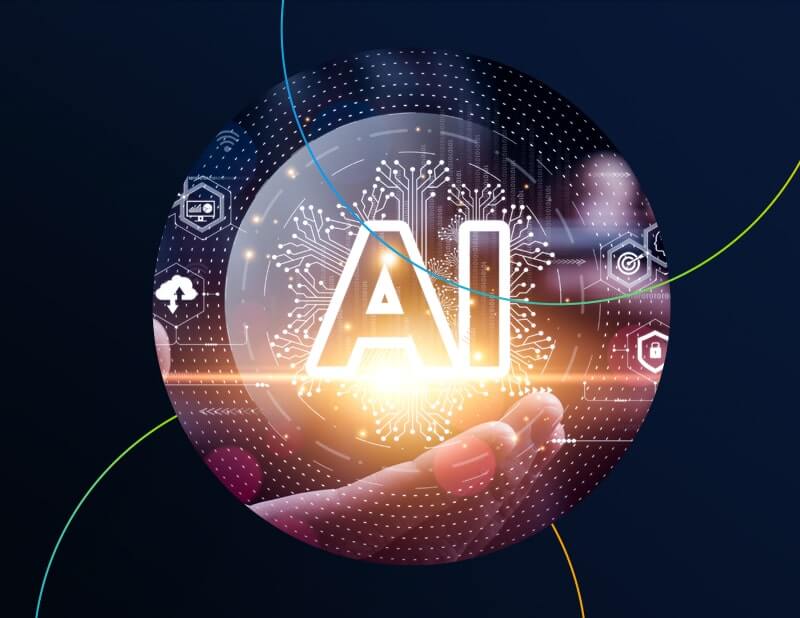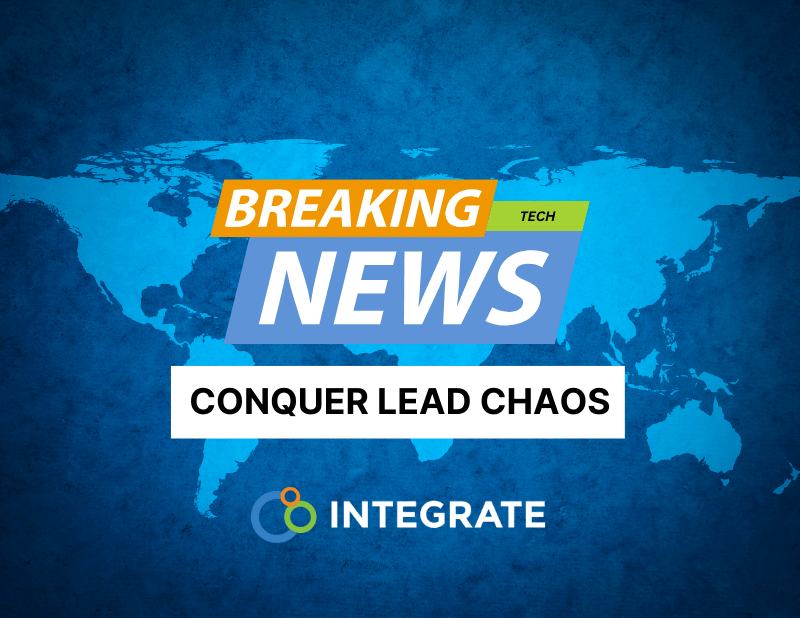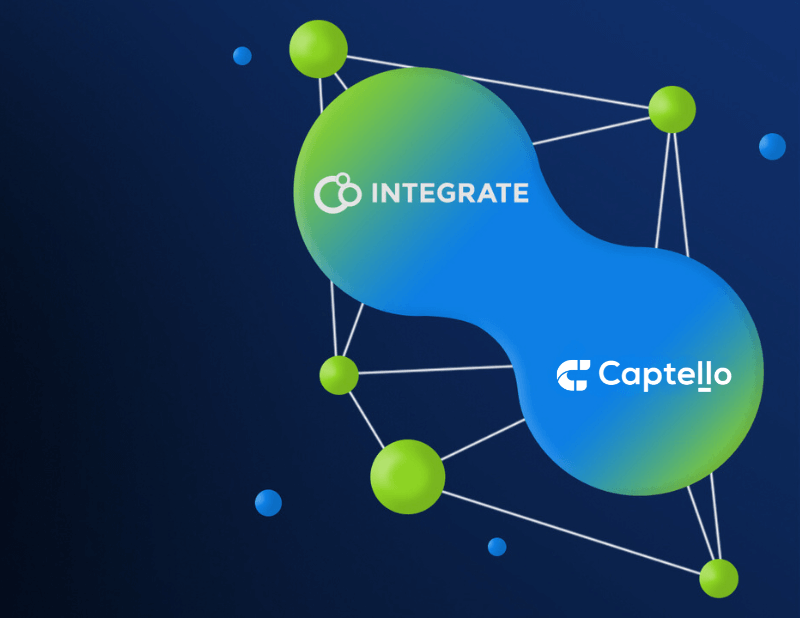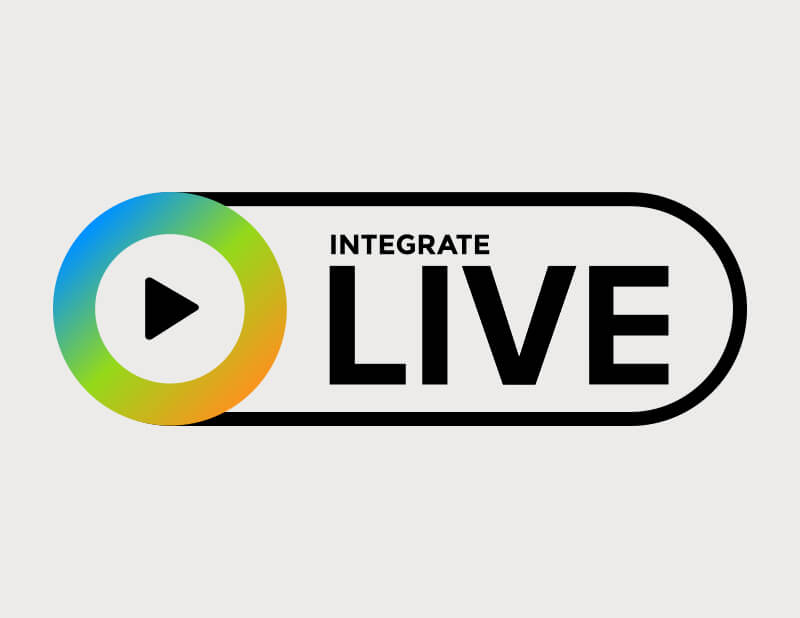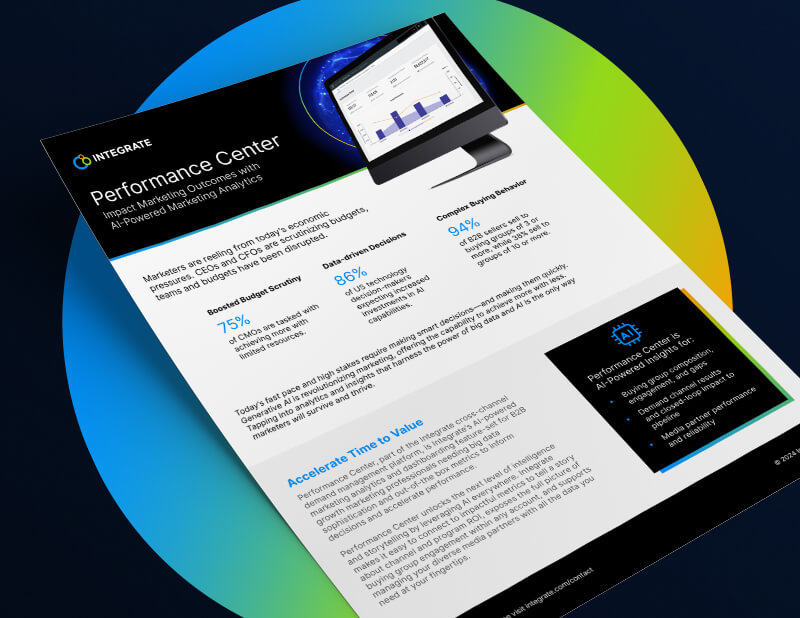The Gen AI Revolution – The Role of AI in B2B Marketing
AI is revolutionizing every sector of the sales and marketing landscape by transforming how we think about all aspects of the buyer journey. It’s allowing us to use data as fuel to drive deeper customer experiences across the whole spectrum of Demand Management and beyond. This is dramatically expanding the range and richness of insights that enable marketers to achieve crucial goals, namely:
- Data-driven decisions
- Return on Investment
- Time to value
As fast as the development of AI has been over the past decade, it’s recently been put on steroids with the even more explosive growth of Generative AI, aka “Gen AI,” over the past year.
Let’s take a look at the role of AI and outline some of the most compelling use cases that will be enabled by Gen AI, and explore what they’re going to be able to do for us.
Content Generation
One powerful use case is to exploit Gen AI to generate marketing collateral efficiently, a trend that’s been well-identified across the B2B Marketing and Sales ecosystem. Examples include outlines and first drafts of whitepapers, social media post ideas, webinar scripts, email subject line options, and so on.
In cases where curated whitepaper collateral already exists, Gen AI can also be used to build different abstracts and summaries to construct landing pages that reflect different market segments quickly and easily. Scaling collateral generation efforts this way will provide tremendous benefits to B2B marketers in terms of time and effort.
Ideation and Brainstorming
There is a much broader range of possibilities being opened as well. For example, Gen AI can be used for ideation. By giving Gen AI brainstorming topic suggestions and asking for recommended ideas, we can seed much more productive brainstorming discussions at high speed.
Gen AI technology is super-well positioned to provide real value here. Since systems such as ChatGPT are pre-trained using huge datasets collected across the web, they can provide novel ideas that a discovery team may not find. Gen AI won’t be able to guarantee the accuracy or value of any given idea, but at the ideation stage this isn’t needed. What’s needed is a fast way of seeding innovation.
Developer Efficiency and Product Lifecycle Management
The benefits of using Gen AI to automatically generate software are quickly becoming clear, especially with the introduction of products such as Microsoft Copilot. These products can be used for internal needs by speeding up code development and overall efficiency. This’ll provide great value in terms of both developer velocity and cost.
Another innovative use is to leverage Gen AI to help manage the end-to-end workflows that drive product lifecycles. Product lifecycle orchestration is notoriously manual and ad-hoc today. Gen AI can bring structure and order to this time-consuming activity. It allows us to query internal documentation about the status of product adoption, revenue and go-to-market strategies, and diagnose clearly where products sit along the lifecycle path.
Data-driven Insights – The Holy Grail of Digital Marketing
The scenarios above are all great examples of Gen AI making a big difference for business efficiency and operations. But the real game-changer for B2B marketers is its ability to turbo-charge the delivery of actionable insights for customers.
Gen AI gives us powerful new ways to identify trends and boost predictive analytics capabilities with advanced machine learning algorithms. By combining behavioral and firmographic data with the most relevant content, marketers will be able to perform advanced targeting at scale with unprecedented accuracy.
This supports much deeper and richer buyer experiences by enabling a true data-informed understanding of the buyer journey. In today’s fast-moving digital world this is a critical differentiator.
Gen AI is especially important for these tasks because with it marketers can leverage the true potential of their content for the first time. A new generation of recommendation capabilities based on platforms such as ChatGPT, and informed as well by real-time behavioral data, is the real key. It will disrupt the whole way we look at and deliver insights by making them truly actionable, not just informative, for the first time.
The Role of Trust
Although the potential of Gen AI for helping marketers achieve their goals is enormous, caution is also needed. The marketing landscape is dominated today, and will be even more so in the future, by stringent compliance and regulatory requirements, as well as by high consumer expectations surrounding privacy and related best practices.
To address these needs, providers of AI/ML solutions must be able to show that their deliverables are safe, and that they adhere to objective standards of accuracy and validity.
At the same time, there is huge potential for Gen AI to provide crucial guidance to B2B marketers by highlighting the importance of trust. By enabling data sources to be evaluated in terms of benchmarks that capture factors such as trust and reliability of underlying data, all boats in the marketing ecosystem can be lifted. This gives all the players in the system confidence that data and insights are generated in a compliant way.
It’s not just about Coping, it’s about Opportunity
The sheer growth of Data has been so explosive in the recent past that it’s very easy to think of Big Data as an overwhelming firehose of information. In this picture, AI and Gen AI already do play an important role by automating existing processes to cope with the sheer volume and complexity of that data.
But AI isn’t just about coping with old problems as they’ve grown bigger. It’s about Opportunity – finding and solving entirely new challenges. This is the great thing about its emergence and why it’s so exciting as a driver of innovation for all of us.
